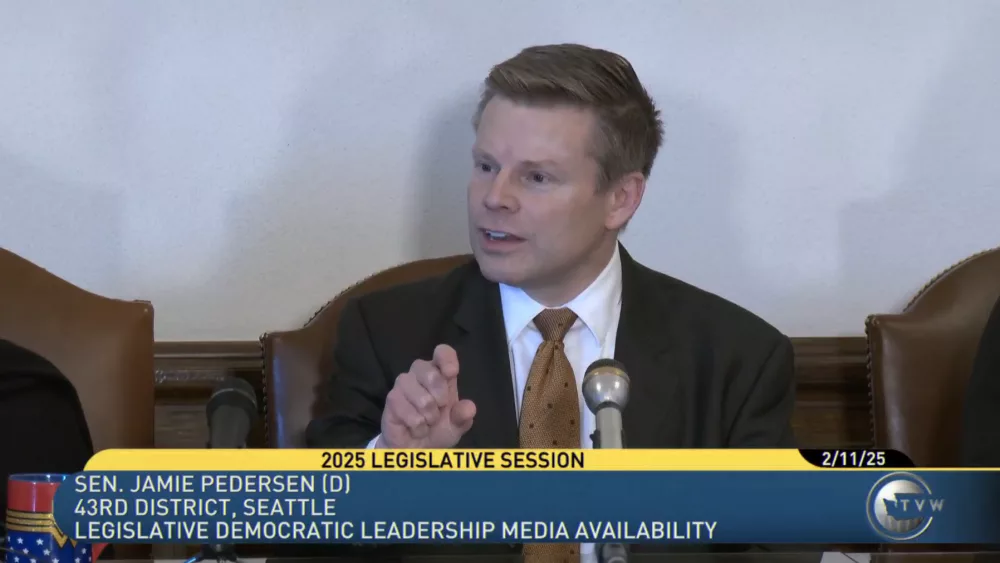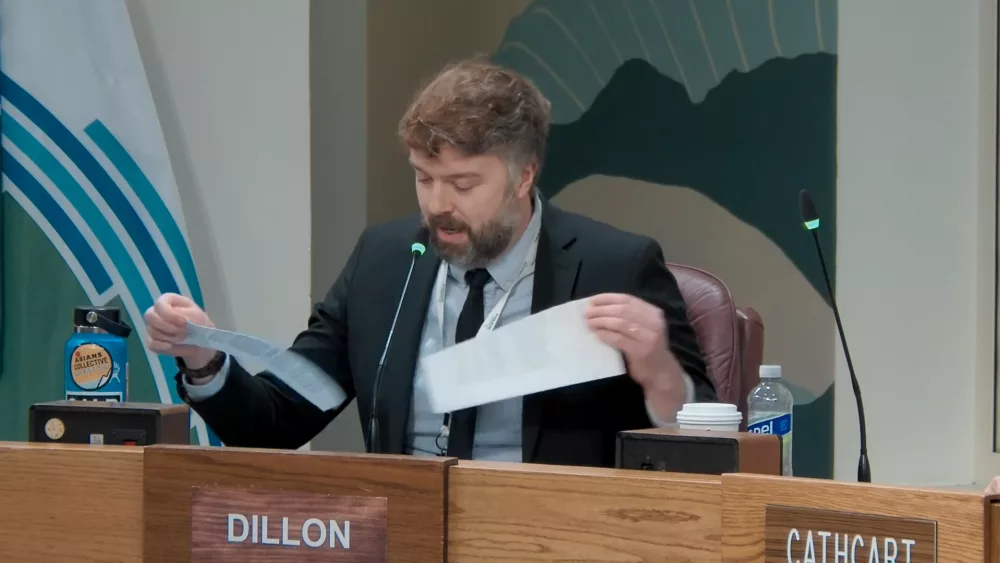(The Center Square) – A coalition that advocates for open government has launched a public awareness campaign to defend Washington state’s Public Records Act.
In an opinion piece Thursday, Mike Fancher said the PRA enacted in 1972 has continued to be eroded through the years at both the state and local levels.
“Often with good intentions, sometimes with bad intentions, governments have moved toward closure and withholding information that legitimately should be public,” wrote Fancher, president of the Washington Coalition for Open Government and former longtime executive editor of The Seattle Times.
The intent of the act is that all government records must be available to the public, but hundreds of exceptions have been made over the past 50 years, said Fancher.
“The Legislature keeps adding exemptions from public disclosure while finding new ways to withhold its own records. Requesters are waiting longer for agencies to disclose records. Requesters rarely sue, and what agencies spend on records requests is a tiny piece of their total outlays,” wrote Fancher. “Nonetheless, critics often portray the PRA as the source of burdensome expenses and lawsuits.”
That “erosion” led to the formation of WashCOG in 2002 as a nonpartisan, nonprofit organization that works through the courts and the state legislature “to defend and strengthen Washington’s open government laws.”
“Open government advocates … have won many battles but are losing the war. We believe the situation is as bad as it has been since 1972,” Fancher wrote. “This is a pivotal moment. The erosion of the people’s right to know must be stopped. It is also a moment of opportunity to alert the public and inspire action.”
In that vein, the coalition has started the “Your Right to Know” project, which organizers are calling “a movement to catalyze the public, media and politicians on behalf of open government.” The project will include engagement in high schools, colleges, other educational organizations, civic groups, and the media.
A special report on the status of the Public Records Act was also prepared. It includes problems identified in recent years and a list of findings and recommendations for actions.
Among data findings, the coalition said requesters of government information had seen wait times for records increase by over a week – from an average of 15 days to 23 days – between 2019 and 2022. Agencies’ compliance varied widely: requesters for information from the City of Seattle, on average, waited more than twice as long as their counterparts in Tacoma. And, between 2018 and 22, an average of 0.03% of record requests ultimately led to requesters suing an agency for non-compliance.
“Yet legislators have considered proposals to rein in ‘excessive’ records lawsuits to the detriment of all requestors,” Fancher wrote.
That coalition has waged legal challenges to state lawmakers’ claims of executive privilege to shield their own records from public disclosure. Last fall, in separate cases, two Thurston County Superior Court judges ruled that legislative privilege is implied by the state constitution and allows lawmakers to engage in “candid deliberations,” including internal records, without disclosure.
The coalition was considering an appeal, saying the rulings contradict a 2019 state Supreme Court opinion which held that state legislators are subject to the Public Records Act.
In 2018, Washington lawmakers passed an expedited bill that exempted them from the PRA, but it was vetoed by Gov. Jay Inslee after a public outcry.
The coalition has since called upon every legislator and legislative candidate to “pledge to support open government in addition to pledging to defend and strengthen the PRA.”





